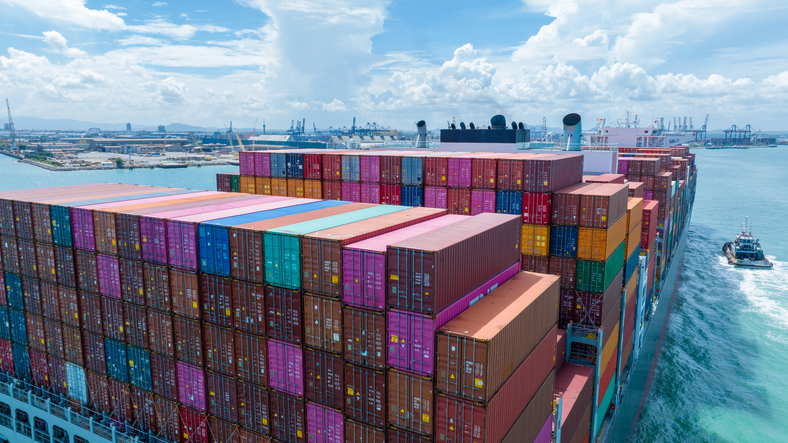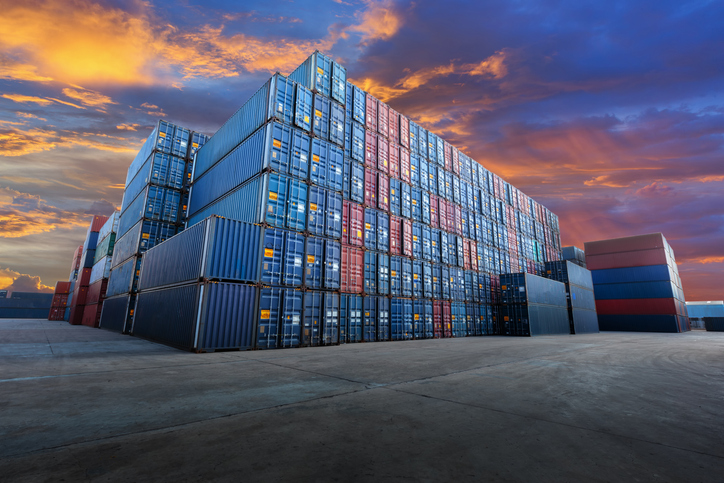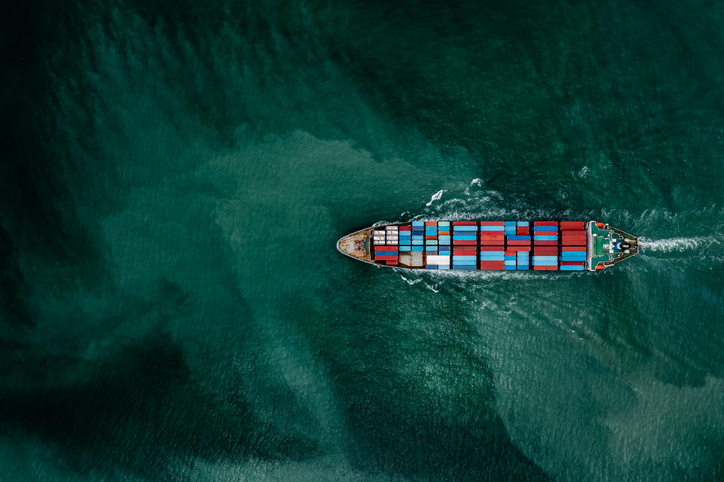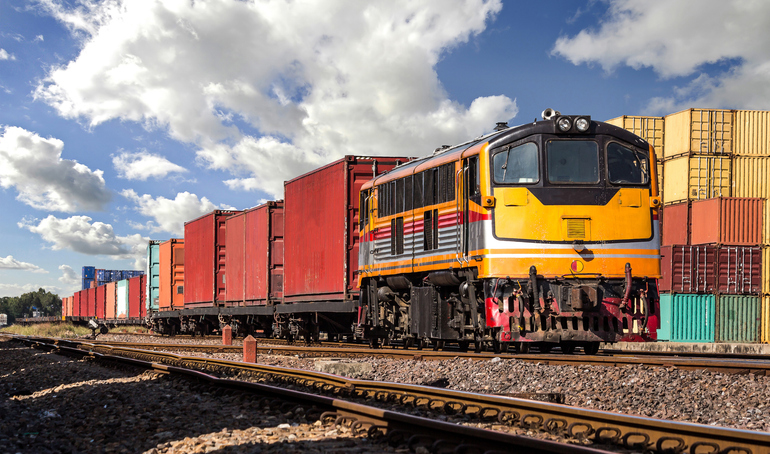
The Weekly Roar
In this week’s Roar: Shipping under a new administration, new EU FuelEU rules, West Coast rail congestion, dropping diesel prices, and a warning from US Customs and Border Protection.
 Ocean shippers may face new challenges following Donald Trump’s reelection. Getting the most attention are the proposed tariffs on imports, particularly targeting China. Higher tariffs could lead to heightened front-loading of imports and higher rates. Medium- and long-term impacts on trade routes could include a growing reliance on Mexico as an alternative entry point into the US, and concerns about the general stability of global supply chains. All of which increases the importance of better supply chain planning by importers.
Ocean shippers may face new challenges following Donald Trump’s reelection. Getting the most attention are the proposed tariffs on imports, particularly targeting China. Higher tariffs could lead to heightened front-loading of imports and higher rates. Medium- and long-term impacts on trade routes could include a growing reliance on Mexico as an alternative entry point into the US, and concerns about the general stability of global supply chains. All of which increases the importance of better supply chain planning by importers.
New EU FuelEU Maritime regulation, which will be effective January 1, 2025, requires ship operators to reduce greenhouse gas intensity using different efficiency measures. Expectations are it will be complex and costly to be compliant. While the new regulation does open opportunities for some, it’s being largely criticized for creating competitive disadvantages for EU operators. In the wake of this, there’s been a rise in compliance services — consultants who are monetizing the regulation.
In the wake of increased container volumes, thanks to peak season, labor issues, and tariff concerns, West Coast rail congestion is on the rise. Dwell times at the Port of Long Beach are averaging four days, and the Port of Los Angeles is reporting eight days, both above optimal levels. Union Pacific and BNSF have deployed staging yards and are increasing container yard capacity, trying to address the delays. This has some shippers opting for alternatives such as cross-dock facilities for their cargo.
US diesel prices are at their lowest since October 2021, with the average weekly retail price at $3.491 per gallon — a steep decline of about 40% from the June 2022 peak of $5.81. Factors include uncertain market trends that are influenced by potential sanctions against Iran and the record output of US crude. Inventories in ultralow sulfur are stable, and refinery utilization is at its highest in two months at 91.4%.
The US Customs and Border Protection (CBP) is warning about bad actors who are exploiting de minimis shipping rules — rules that allow for duty-free imports when valued under $800. Criminal organizations are taking advantage of this to smuggle contraband, counterfeit goods, and other restricted items. CBP is asking consumers to be vigilant, urging them to use caution when purchasing goods online and recommending they get verification of a seller’s legitimacy before making a purchase. The article notes that it has become common for health and beauty products to be flagged as suspicious.
For the rest of the week’s top shipping news, check out the article highlights below.









